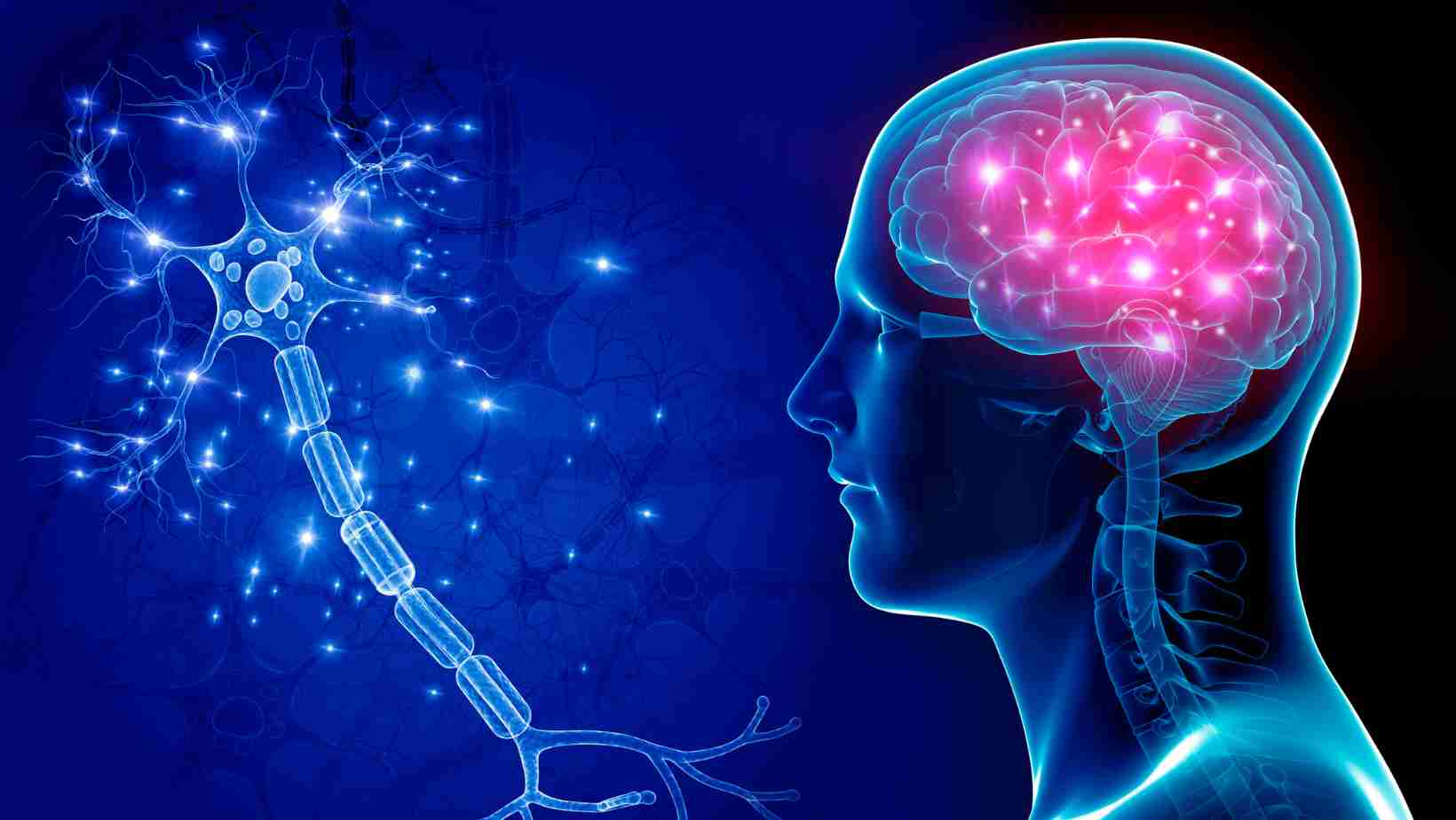
Dr Chandril Chugh
MBBS ( Delhi), MD, DM(ABPN), Neurosurgenology, FAHA, FACP, FINR, FNCC
Consult the Top Pediatric Neurologist: Expert Care for Your Child's Health.
When physical or mental restrictions have an impact on your capacity to learn, think critically, or perform basic tasks, you have an intellectual impairment. This can have a wide range of effects. Even if some people only suffer minimal consequences, they still lead independent lives. Others can experience severe impacts and require ongoing help and support.
The idea that intellectual disability is merely a restriction on intelligence as determined by a basic IQ test is widespread. One piece of information is an IQ test. Despite having an IQ that is average or above average, some people struggle with other life skills. Others have IQs below average but possess skills and abilities that are sufficient to prevent them from meeting the requirements for an intellectual disability, or they fulfil the requirements for a lesser type.
What symptoms can indicate an intellectual disability?
Typically, the earlier the indicators are identified, the more serious the intellectual disability is. It can still be difficult to predict how young children will be impacted in the future.
The symptoms of intellectual impairment are numerous. Children with intellectual disabilities, for instance, could:
They take longer than other kids to sit up, crawl,
Learn to talk later.
struggle to speak
Inability to tie events to their effects
Struggle to remember things;
They struggle to understand social rules.
Having trouble remembering things,
They struggle to see the effects of their actions.
They struggle to solve issues.

Causes
ntellectual disability can happen whenever something prevents the brain from developing normally. However, only around one-third of the time can a specific cause of intellectual disability be identified.
The main reasons for intellectual disability are:
Genetic disorders. These include conditions like Fragile X syndrome and Down syndrome.
Complications throughout pregnancy. The use of alcohol or other drugs, starvation, certain illnesses, or preeclampsia are all factors that can affect foetal brain development.
Issues with birthing If a baby is born very early or without enough oxygen during labour, intellectual impairment may ensue.
Disease or harm. Measles, whooping cough, and other contagious illnesses, including meningitis, can cause intellectual disability. Severe neglect or abuse, severe head injuries, near-drowning, extreme malnutrition, brain infections, exposure to toxic substances like lead, and excessive hunger can also bring it on.
None of those above. It is unclear what causes intellectual disabilities in two-thirds of all children.

What examinations will be performed to identify this condition?
Numerous lab, diagnostic, and imaging tests can aid in diagnosis in addition to the tests and assessments for intelligence and adaptive behaviors. The potential tests vary according to your symptoms. Testing can help your doctor identify the source of the issue and determine the best course of treatment.
Testing options include:
Tests at the lab for blood, urine, and other things. These may reveal the underlying reasons for intellectual disability or other diseases that are similar.
Genetic guidance. It can be prevented or limited by identifying hereditary conditions that are causing or contributing to intellectual disability.
Image-based tests. These are particularly useful for diagnosing illnesses like cephalic abnormalities that entail variations in brain anatomy.
Treatment
Although there is no known cure for intellectual disability, the right services and support can significantly raise a person’s quality of life. Developmental screening tests should be used to identify age-appropriate adaptive behaviours in order to create a suitable treatment strategy. Finding out which developmental milestones have been missed is the goal of these exams. The main objectives of treatment are to maximise the patient’s potential and to provide them with as much freedom as possible to engage in communal life. Early intervention is actually an essential component of treatment, and special education and training can start as early as infancy.


What care should I give to my child who has an intellectual disability?
It’s possible that people with intellectual disabilities won’t be able to make wise judgements regarding their own healthcare or other significant life choices. All of their lives, they might want assistance from parents, loved ones, or other carers.
What can I do to help my child who has intellectual disabilities?
What you can do to support your intellectually challenged child is:
Discover all there is to know about intellectual disability. You can be a greater advocate for your child the more informed you are.
Assist your child in becoming independent. Allow your child to try new things and support their independence. Give your child advice when it’s required, and praise them when they succeed or learn something new.
Participate in group activities with your youngster. Your child will develop social skills by enrolling in Scouts or taking art classes.
Keep contributing. You’ll be able to monitor your child’s development and reinforce what they are learning at school by staying in touch with their teachers.
Is it possible to prevent intellectual disability?
Experts frequently struggle to identify a single root cause of an intellectual handicap. When this occurs, parents shouldn’t blame themselves. However, there may be ways to lower your child’s risk while you’re pregnant or when they’re young, including
Heeding the advice of your doctor about the use of drugs during pregnancy and receiving all advised vaccinations (both during pregnancy and throughout your child’s life)
Limiting exposure to lead and other environmental contaminants, non-prescription medicines, alcohol, and tobacco
If there is a history of diseases that can lead to intellectual disability in your family, you should speak to your doctor about preconception genetic counselling.


When should I visit the doctor?
Occasionally, paediatricians can spot the earliest indications of intellectual disability during a child’s routine checkups. This type of visit always includes an evaluation of “ages and stages.” This contrasts the growth and development of your child with what is typical for their age group. Remember that a child’s failure to meet developmental milestones can also have other causes, such as physical or mental sickness or a particular learning difficulty.
Consult your child’s paediatrician if you have any worries about your child’s development or whether they may be at risk for intellectual disability. They can provide advice on what you should do or can do to help you better grasp the problem.
